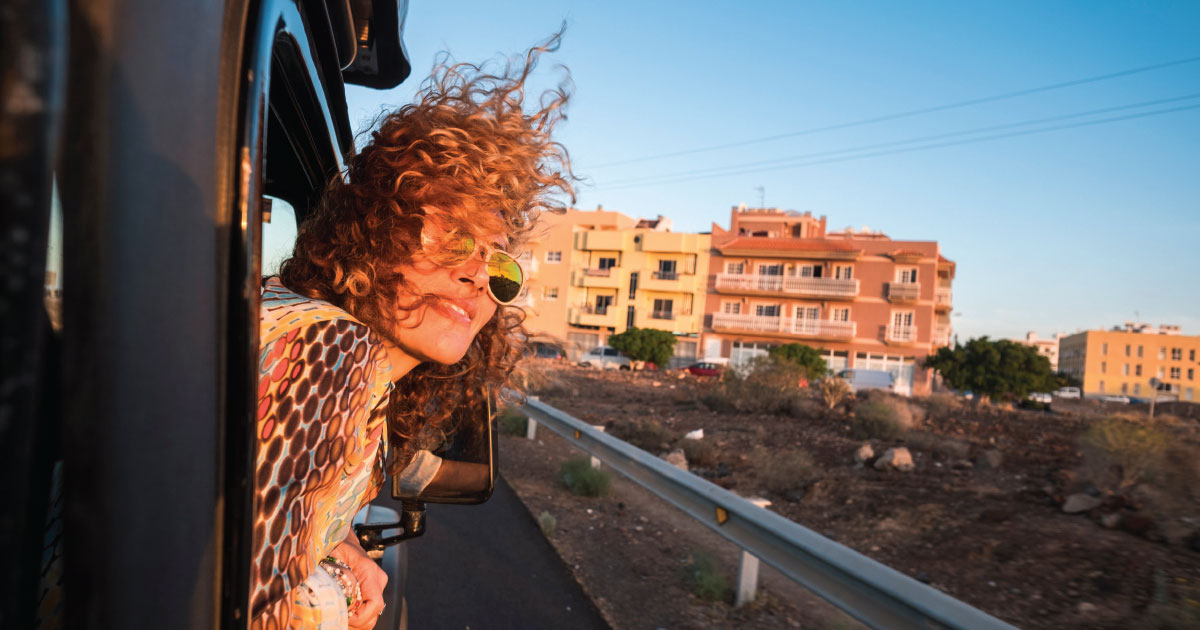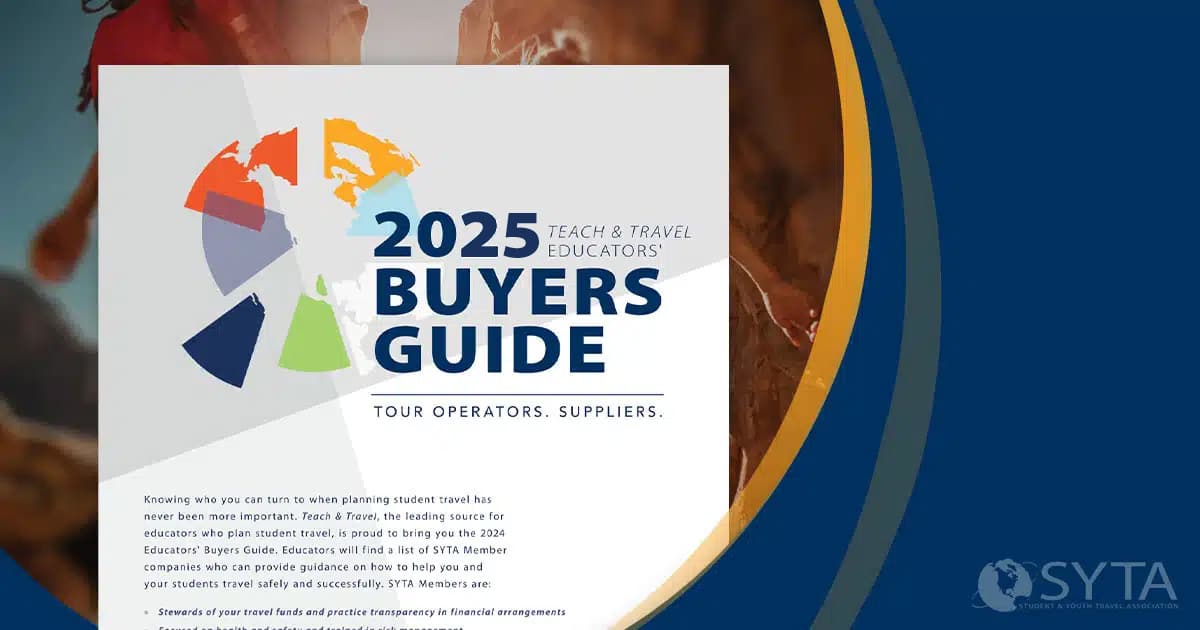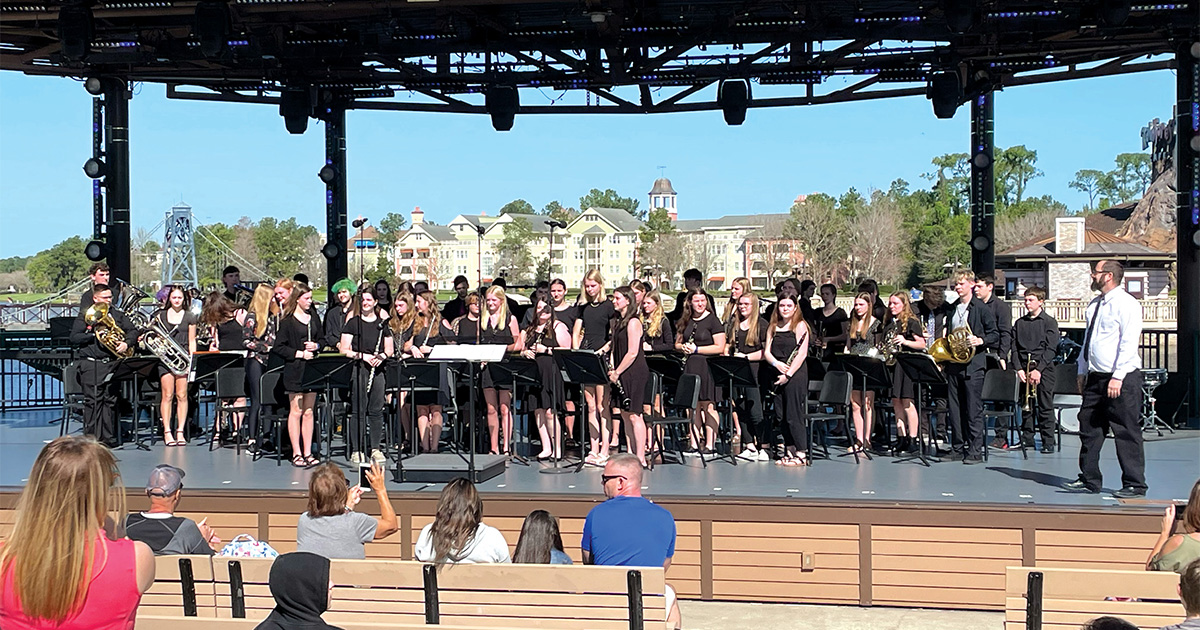Many people (particularly Americans) believe that the French people are rude and unwelcoming to foreigners who do not speak their language. In high school, I took two years of French classes where I learned to say the basics: hello, goodbye, my name is, how much does this cost, where is the toilet, please and thank you. I was so nervous on my first trip to France because I had heard so many stories of impolite French people. I knew that my French speaking skills were limited, plus I knew that I would not properly pronounce the words or use proper grammar. To my surprise, I was given a warm welcome. Often, I heard, “Bonjour, je m‘appelle Celine. Comment allez-vous? Puis-je vous aider.” This is French for, “Hello. My name is Celine. How are you? How can I help you?”
Since that first trip to France, I have returned numerous times and always had a pleasant interaction with the locals. Year later, I went to Siberia and studied Russian. My language class had five French people, in addition to students from other countries, in it. Matthieu, one of the French students, and I struck up a friendship that has lasted for years. Three years after visiting Siberia, I traveled to China and I learned that Matthieu was also in Beijing. The next thing you know, we met at a local restaurant. I could not wait to see my ami (French for friend) and catch up. French people are rude and unwelcoming is just a myth. Do not judge a book by its cover. Learn for yourself how friendly people can be.
Frequently, I travel around the world. People often tell me that it is not safe for a female to travel overseas alone, which I often do. Mind you, these warnings usually come from people who do not travel much outside of the USA let alone by themselves. Before I begin any adventure, I conduct research on the country to learn about tourist attractions, but also the people, culture and most importantly, safety. I highly recommend that people go to the website: www. travel.stage.gov to learn about a destination. It highlights entry & exit requirements, local laws, customs, health conditions, travel advisories and alerts. If a country seems risky and unsafe for me to travel there, I do not go. No matter which country I choose to travel to, whether alone or with a group of people, I always sign up for the Smart Travel Enrollment Program (STEP). This free service allows U.S. citizens traveling or living abroad to receive the latest updates from the nearest U.S. embassy or consulate while traveling. It also allows the U.S. embassy to contact me and provide assistance during an emergency overseas.
If I judged a book by cover (in other words, listened to everyone who told me not to travel overseas alone), I would not have experienced 91 countries. Yes, there are some countries known for viewing gender roles differently than the United States does, but by being aware of the differences, staying cognizant of one’s surroundings, using common sense and gut instinct, women can continue to explore the world. While in Egypt, one man who was intrigued with me offered camels as a dowry for my hand in marriage. Of course, I said no. I was not offended by his offer but used this experience as an opportunity to learn about their customs.
In India, I hired a male tour guide to lead me around the country. There were numerous times when I could not enter the same door to a theatre, tourist site, restaurant, or place of worship as the male guide. Each time, I had to remind myself that this was a cultural thing and to not be personally insulted. My trips to Ukraine, Greece, Russia, Moldova, and other countries did not allow women to expose their shoulders and knees or an uncovered head while visiting mosques and cathedrals. I learned to carry two large scarfs and a wrap-around skirt in my day pack that could be used to cover up, as needed. These cultural experiences taught me so much about their practices. I may not always agree with their rules, but I respect and adhere them.
Traveling teaches us that the outward appearance of something is not a reliable indication of something. I was born and raised in the Midwest, making me a meat & potatoes lover. However, when I travel, I try a variety of food/ The restaurant in Adelaide, Australia served kangaroo. The meat looked so rare (I love a well-done steak). My first thought was yuck, not cooked enough for me. Imagine my surprise when I tried the kangaroo and discovered that I really liked it. I have been to Australia three times and each time, I make a point to order and eat kangaroo. The waitress in Cape Town, South Africa suggested that I try warthog. When she brought out my plate of food, the entrée looked amazing, and it tasted delicious. It is probably my favorite foreign food that I have ever had. Trying cuy (guinea pig) in Ecuador was an interesting experience. Just the thought of eating guinea pig and then seeing it on your plate made me second guess, but honestly, it really wasn’t that bad. I had a less pleasant experience with a petrified duck egg in China, but I’m so glad I tried it.
As we travel and explore, we need to be careful to not judge a book by its cover. Often, things are not as they seem. What we see on the outside or what we perceive without knowing the full situation is not an indication of its value or worth. Travel, like a book’s pages, has a lot to be discovered. Be open-minded. Be inspired by what’s inside. If you judge a book by its cover, you might miss out on an amazing story, person, or opportunity. “L’adventure en vaut la peine.” This is French for “Adventure is worthwhile!”
This article was written by Julie Beck for the May 2023 edition of Teach & Travel.




